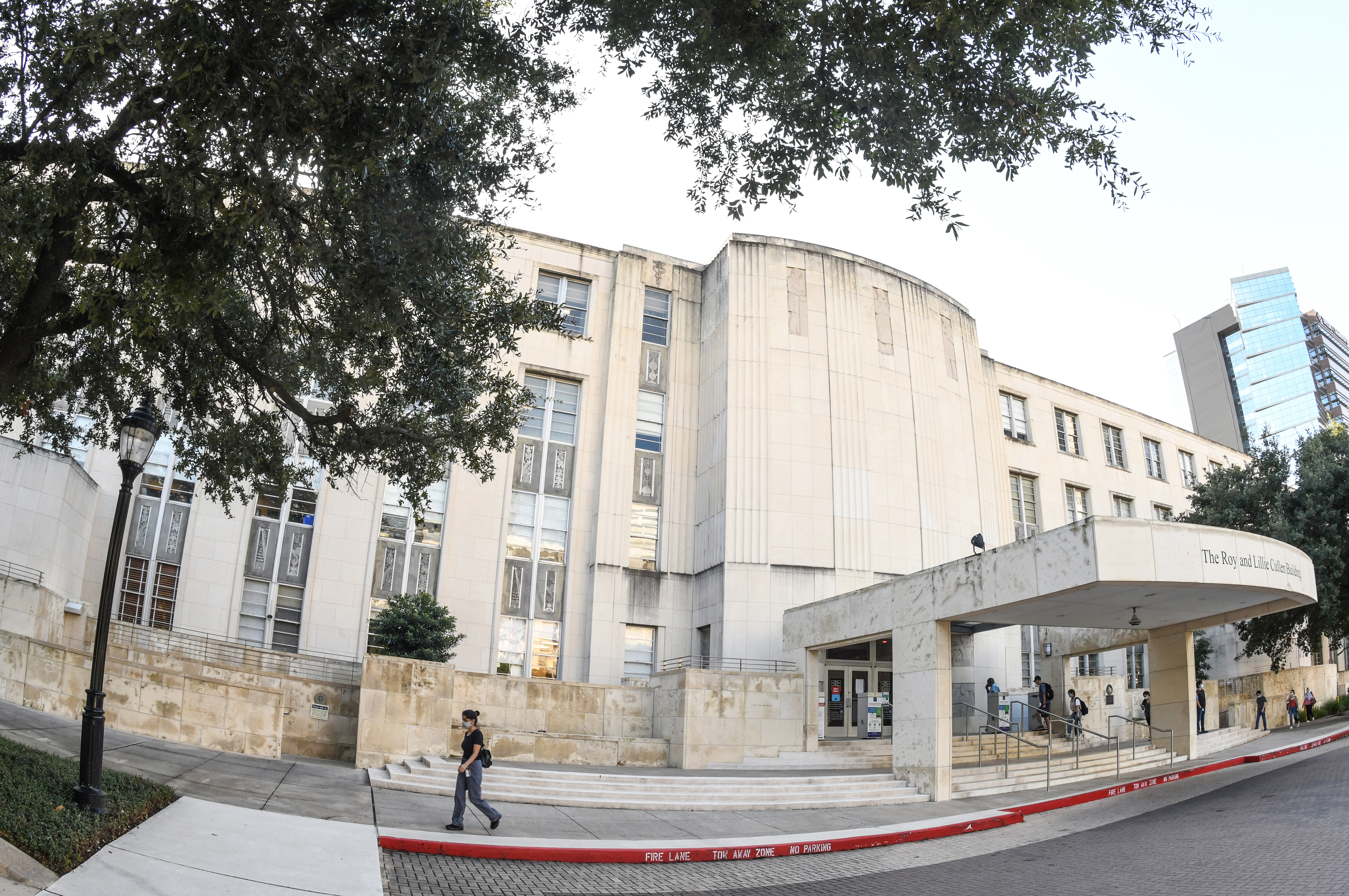Current Penn State research includes developing predictive control systems that use traffic-level, vehicle-level and powertrain-level information shared by connected vehicle technologies for on-vehicle automation systems.
Image: Sean Brennan
The Thomas D. Larson Pennsylvania Transportation Institute (LTI) will lead a group of Penn State researchers studying how to safely integrate automated driving systems into work zones. The Pennsylvania Department of Transportation (PennDOT), universities and public sector organizations received the $8.4 million grant from the U.S. Department of Transportation to study connectivity, visibility and high-definition mapping technologies in relation to automated vehicles (AVs).
PennDOT representatives said they hope the research will reduce work zone accidents and fatalities.
“Crashes in highway work zones have killed at least 4,700 Americans – more than two a day – and injured 200,000 in the last five years alone, “said PennDOT Secretary Leslie S. Richards. “If we can improve how AVs interact with work zones, there will be significant safety benefits for the traveling public.”
The four-year project, slated to begin in 2020, will examine the connectivity between AV and traffic control devices, construction workers and construction vehicles. The use of innovative coatings in work zones, such as on pavement markings, also will be tested during the course of the project.
“By working collaboratively with PennDOT, the Pennsylvania Turnpike Commission, Carnegie Mellon University (CMU) and several other partners, we can better understand how AVs can be safely integrated into work zones without human intervention,” said Eric Donnell, director of LTI and professor of civil engineering at Penn State. “Our goal is to develop solutions that can reduce fatalities and improve safety and mobility in work zones.”
Donnell and fellow Penn State faculty, including Sean Brennan, professor of mechanical engineering; Vikash Gayah, associate professor of civil engineering; and S. Ilgin Guler, assistant professor of civil engineering, bring a long list of skills and capabilities to the diverse, interdisciplinary team.
Brennan, who leads Penn State’s , will deploy a high-definition van to collect data and map work-zone configurations throughout Pennsylvania. The maps and data will then be used to calibrate simulation models – designed by Gayah and Guler – to study how connected and autonomous vehicles impact traffic flow and safety across a variety of operational scenarios.
The Penn State team will work closely with CMU faculty on the multidisciplinary project.
“We are excited to collaborate with our CMU colleagues on this project,” said Donnell. “CMU’s autonomous vehicle will read the high-definition maps produced by Penn State’s mapping vehicle. The CMU team will also integrate performance aspects from its vehicle into traffic simulations performed by our team at University Park. Eventually, on-road testing will be done using CMU’s vehicle at LTI’s closed-loop test track.”
The project is supported by consultants, industry partners, technical advisers and members of the transportation community, including HNTB, Michael Baker International, Deloitte Consulting LLC, Drive Engineering, PPG Industries Inc. and Qualcomm.
The Thomas D. Larson Pennsylvania Transportation Institute is Penn State’s transportation research center. Since its founding in 1968, the Larson Institute has maintained a threefold mission of research, education and service. The institute brings together top faculty, world-class facilities and enterprising students from across the University in partnership with public and private stakeholders to address critical transportation-related problems.







